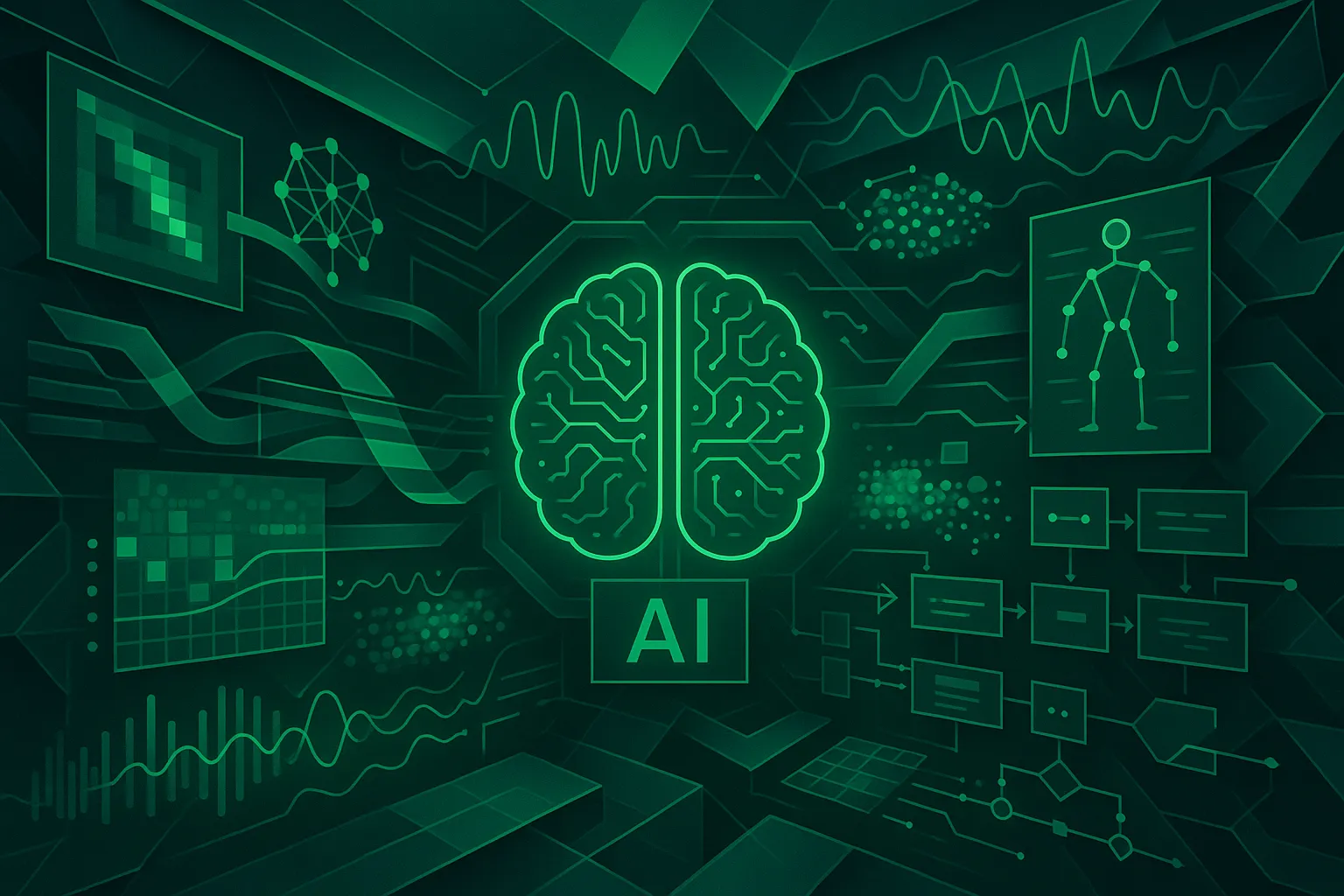
2025-03-07T04:00:00+00:00
In a landmark achievement, Google DeepMind's AlphaGeometry2 has emerged as an AI powerhouse that excels beyond the prowess of Olympiad gold medalists in solving intricate geometry problems. This revolutionary development extends the boundaries of artificial intelligence, hinting at a new era in mathematical competition assistance and problem-solving technology.
AlphaGeometry2 marks an evolutionary stride from its predecessor, AlphaGeometry, which initially managed to tackle 54% of International Mathematical Olympiad (IMO) questions. Despite its potential, this earlier iteration struggled with effectively utilizing the domain-specific language and lacked the symbolic engine efficiency required to outperform the top human competitors. In contrast, AlphaGeometry2 has overcome these obstacles, boasting an impressive 84% success rate in accurately solving geometry problems from IMOs held between 2000 and 2024.
What drives this leap in capability? A synergistic blend of Google's Gemini language model and sophisticated mathematical paradigms underpins AlphaGeometry2's ability to anticipate crucial geometric constructs and meticulously check logical sequences to ensure correct answers. To illustrate its prowess, AlphaGeometry2 solved 42 out of 50 selected challenge problems from the IMO archives of the past 25 years, surpassing the human gold medalists' historical average of 40.9.
This exceptional AI performance signals a transformative shift, suggesting that AI could soon stand independently in mathematical arenas, minimizing the need for traditional symbolic engines. AlphaGeometry2 exemplifies the potential of integrating neural networks with symbolic AI, a methodology long lauded for its mathematical reasoning superiority.
The implications of DeepMind's research extend beyond this triumph—offering insights for tackling more complex and diverse mathematical problems. Current limitations remain, notably in handling variable points, nonlinear equations, and inequalities. However, AlphaGeometry2's success is a crucial step forward, fueling ongoing efforts to refine problem-solving decomposition, enhance automated processes, and leverage reinforcement learning for even greater accuracy and efficiency.
In essence, AlphaGeometry2 is not just a beacon of technological progress but also a harbinger of the future role of AI in tackling sophisticated mathematical challenges. As artificial intelligence continues to evolve, consider how this transformative technology could redefine approaches to complex problem-solving. What are your thoughts on the role of AI in education and competition? Share this with others passionate about AI, and continue exploring the intersection of technology and mathematics for more insights.